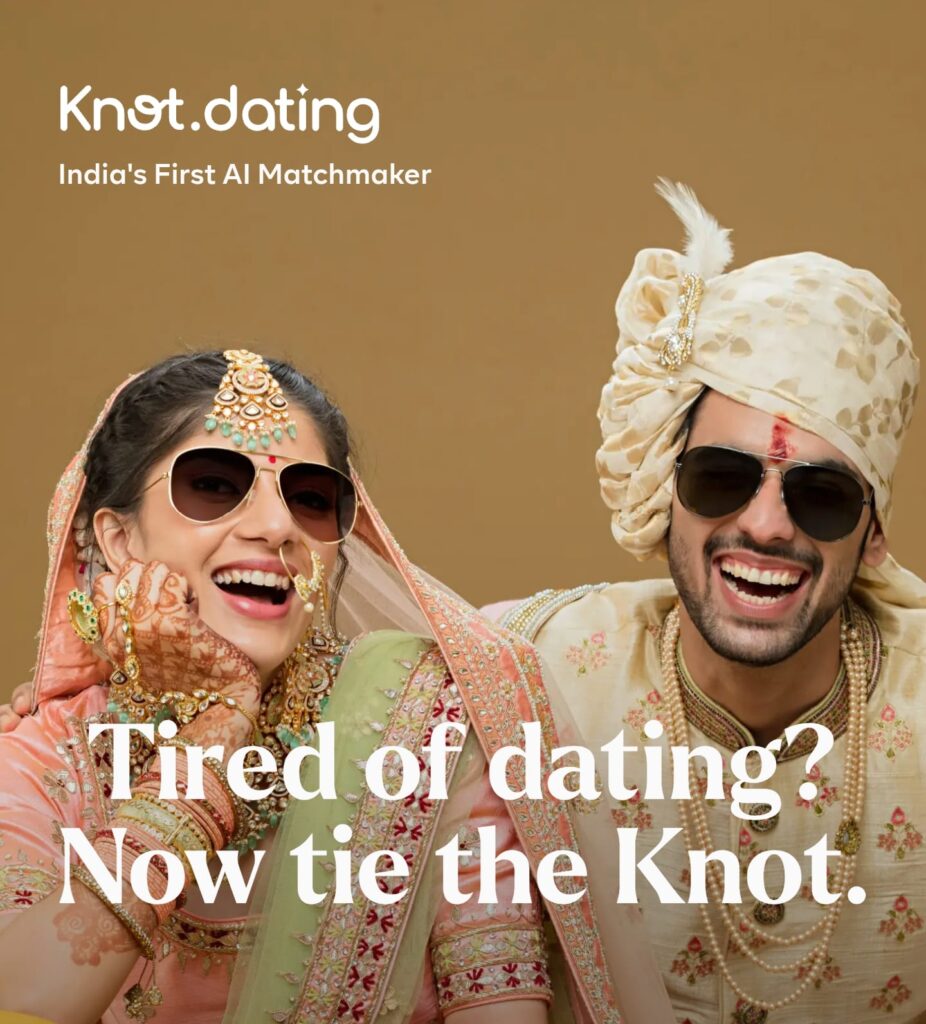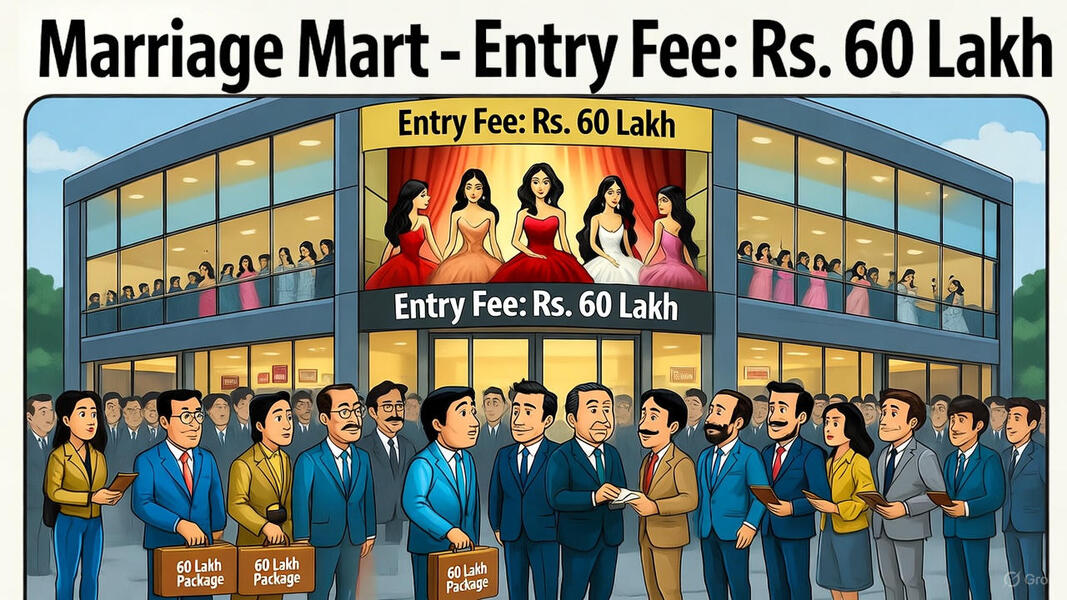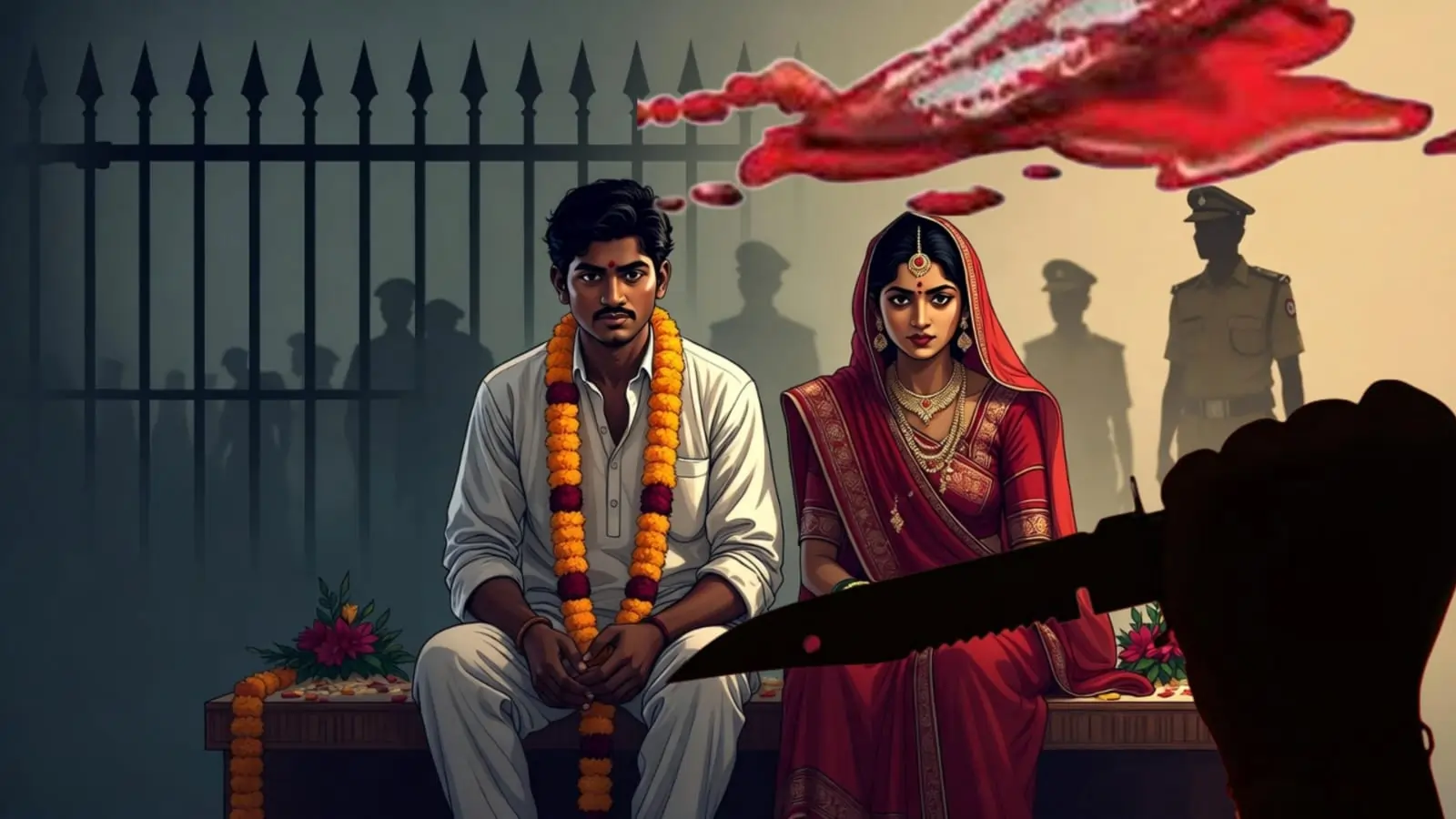Article Today, Hyderabad:
Marriage — once regarded as the union of two hearts — is increasingly being redefined as a financial arrangement. A new dating platform, Knot, has triggered intense debate after it set a condition that men must earn at least Rs. 60 lakh annually to qualify for matchmaking. The app has placed no such restriction on women, raising questions of bias, class discrimination, and the erosion of traditional values.

Income as Entry Pass
The Knot app, which markets itself as an exclusive marriage network, has introduced a stringent eligibility criterion that effectively restricts access to wealthy men. According to the app’s founders, the Rs. 60 lakh benchmark is intended to “reflect ambition and financial vision.” Critics, however, see it as a symbolic gate that filters out middle-income individuals and reinforces economic hierarchies in the marriage process.
Founders Defend, Public Protests
Interestingly, the app was founded by two men who describe their initiative as a “premium matchmaking experience.” They argue that the income bar is merely a guideline, not a mandatory exclusion. Yet, social media users and activists have criticised the model, saying it subjects men to an “income test” while giving women unconditional access. The explanation, many say, is unconvincing and highlights a troubling trend of financial gatekeeping in relationships.
Voices of Dissent
Legal and social commentators have strongly condemned the move. One senior advocate described Knot as a “gold-digger’s marketplace,” where wealthy men are treated as purchasable commodities. Many argue that the app turns dowry-like expectations into an open, digitised system. While the traditional marriage setup has long faced criticism for hidden financial negotiations, critics say Knot has simply made them explicit and commercial.
Equality Under Question
The controversy has reignited discussions on gender equality and fairness in matchmaking. Some voices online support the idea of financial transparency, claiming it ensures security and responsibility. However, a larger section views the app as discriminatory. They question why women are exempt from similar financial scrutiny. Observers note that love, empathy, and compatibility — the emotional pillars of marriage — cannot be measured by income.
Cultural and Ethical Implications
Sociologists warn that such platforms risk redefining marriage as a marketplace governed by economic status. By prioritising financial worth over emotional connection, the app appears to promote an unequal and materialistic view of relationships. Traditional Indian values that emphasise mutual respect and shared understanding may be undermined by this transactional model.
Erosion of Values
The Knot episode has reignited the broader debate on the moral and social direction of modern marriage systems in India. Experts caution that when money becomes the measure of worth, love and trust lose their relevance. In a society already grappling with consumerism and inequality, equating marriage with monetary status may accelerate the decline of human values that once defined the institution itself.



